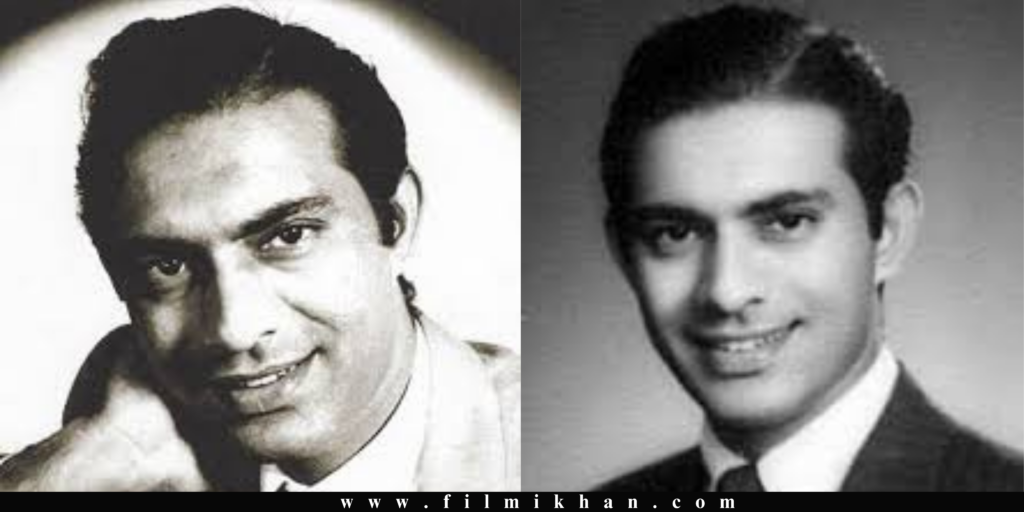
Talat Mahmood, the Velvet Voice of Bollywood, was an iconic singer who left an indelible mark on the Indian music industry. He was born on February 24, 1924, in Lucknow, Uttar Pradesh. Talat Mahmood’s journey to fame began with his passion for music at a young age.
Talat Mahmood’s distinctive voice, characterized by its depth, emotion, and smoothness, captivated audiences across the nation. His early career saw him performing on All India Radio, where his talent was quickly recognized. His breakthrough came with the timeless classic “Ae Dil Mujhe Aisi Jagah Le Chal” from the movie Arzoo (1950), which catapulted him to stardom.
Throughout the 1950s and 1960s, Talat Mahmood dominated the playback singing scene in Bollywood, lending his voice to numerous hit songs. His collaboration with music directors like Naushad, S.D. Burman, and Shankar-Jaikishan produced some of the most memorable melodies in Indian cinema.
Apart from playback singing, Talat Mahmood also showcased his acting skills in films like “Dekh Kabira Roya” (1957) and “Sone Ki Chidiya” (1958). However, it was his enchanting voice that remained his most enduring legacy.
Despite facing stiff competition from contemporaries like Mohammed Rafi and Mukesh, Talat Mahmood carved a niche for himself with his unique style and soulful renditions. His songs, such as “Jalte Hain Jiske Liye” and “Tasveer Teri Dil Mein,” continue to be cherished by music lovers of all generations.
Talat Mahmood’s illustrious career earned him numerous accolades, including the Filmfare Award for Best Male Playback Singer for his song “Ae Mere Dil Kahin Aur Chal” from the film “Daag” (1953).
Talat Mahmood was married a Bengali Christian girl, who also acted in films and was a great fan of his, Latika Mullick, later named Nasreen on 20 February 1951 and the couple had two children Khalid born in 1953 and Sabina born in 1959.
Talat Mahmood acted in the following Hindi films: Raj Laxmi (1945) opposite Kananbala, Tum Aur Main (1947) opposite Kanandevi, Samapti (1949) opposite Bharti Devi, Aaraam (1951) alongside Madhubala, Dev Anand, Thokar (1953), Dil-e-Nadaan opposite Shyama, Daak Babu (1954), Raftaar (1955) opposite Nadira, Diwali Ki Raat (1956) opposite Roopmala, Ek Gaon Ki Kahani (1957) opposite Mala Sinha, Lala Rukh (1958) opposite Shyama, Maalik (1958) opposite Suraiya and Sone Ki Chidiya (1958) opposite Nutan.
India Post issued a commemorative postage stamp to honour him in 2016.
Beyond his professional accomplishments, Talat Mahmood was also known for his humility and kindness. He remained a beloved figure in the industry until his passing on May 9, 1998, leaving behind a rich musical legacy that continues to inspire generations.
In summary, Talat Mahmood’s life story is a testament to the power of talent, dedication, and perseverance in the world of music. His velvety voice and timeless melodies will forever echo in the hearts of music enthusiasts, ensuring that his legacy remains immortal.
1 thought on “Talat Mahmood: The Velvet Voice of Bollywood (24 February 1924 – 9 May 1998).”